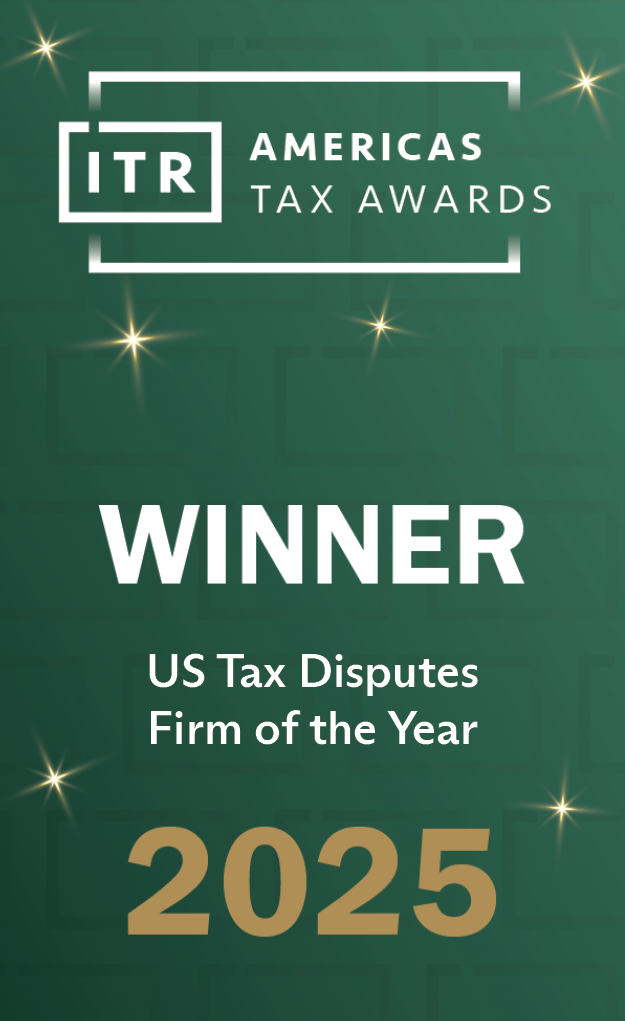The Bipartisan Budget Act of 2015, P.L. 114-74, added new partnership audit rules, which are generally effective for tax years beginning in 2018. These new rules will allow the Internal Revenue Service (IRS) to assess and collect tax due on partnership adjustments at the entity level. Some partnerships will be able to elect out of these rules. For partnerships that cannot elect out, practitioners are pondering whether the new audit rules will cause partnerships, historically pass through entities for tax purposes, to now be required to make a tax provision/reserve on their financial statements. In a tiered partnership context, even if an upper-tier partnership has elected out of the regime, practitioners are wondering whether the upper-tier partnership may still need to make a tax provision/reserve if a lower-tier partnership elects to push out adjustments to its partners, resulting in an entity level tax for the upper-tier partnership.
See our prior discussion of the new partnership audit rules. Also see Tax Notes Today, “New Partnership Audit Rules Could Require Tax Provision Review,” June 3, 2016.







